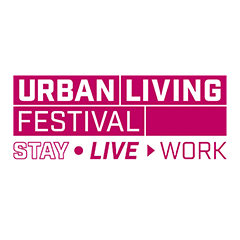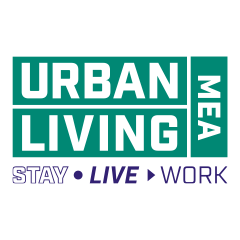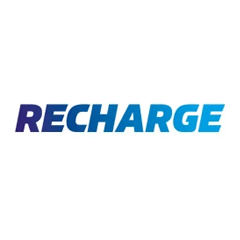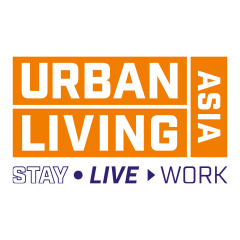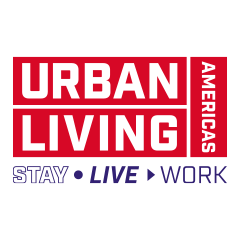Average occupancy was 74.9%, with ADR reaching £133.87, resulting in a 1.9 per cent growth in RevPAR to £100.31.
After coming off a record-breaking year, Edinburgh serviced apartments recorded the sharpest occupancy decline for any UK city in Q1, down 10.4 per cent to 65.1 per cent compared with Q1 2017, with a 0.5 per cent decline in ADR. Birmingham posted the highest RevPAR growth (+9.1 per cent), with occupancy up 6.9 per cent to 82.2 per cent and ADR up 2.0 per cent to £85.50.
London's occupancy performance was more in line with the national average, down 1.8 per cent to 77.4 per cent, although RevPAR fell more marginally at 0.4 per cent to £134.25 due to a 1.4 per cent ADR growth to £173.39.
Thomas Emanuel, director of business development for STR, said: "To put these Q1 2018 results into context, 2017 was a landmark year for growth in the UK's accommodation sector. There was a spike in arrivals after the devaluation of pound sterling following the 2016 Brexit Referendum, but this started to level out toward the end of 2017 as the pound recovered in value. Despite the recent decline in demand, it is encouraging to see that serviced apartment operators have managed to maintain steady rate growth, which is important considering there are many new supply developments in the pipeline."
James Foice, chief executive of ASAP, said: "We know that Q1 of this year has proved to be more challenging for some operators, following on from the strong growth last year. One of the reasons behind this is that inbound leisure business is slightly down on last year largely due to the pound having strengthened against the Euro, the US dollar and the Chinese yuan in recent months but it's good to report that the majority of operators in our rapidly expanding sector remain upbeat regarding prospects for the rest of this year. The sector's expansion continues as planned with over 2,000 new apartments set to open in 2018 and further new developments expected to be announced later in the year."
Occupancy down but ADR up for UK in Q1 2018
STR’s Q1 results for UK serviced apartments show occupancy for the UK down 1.5 per cent and ADR up 1.9 per cent.
“For me, the most important thing is the networking. My business is in a small city and you need to be in an environment with people that are talking about ideas, giving you a new perspective. The workshops are also like having a family where you can talk about your main issues and they will understand.
Daniela Almeida, Founder and CEO, Sé Apartamentos


